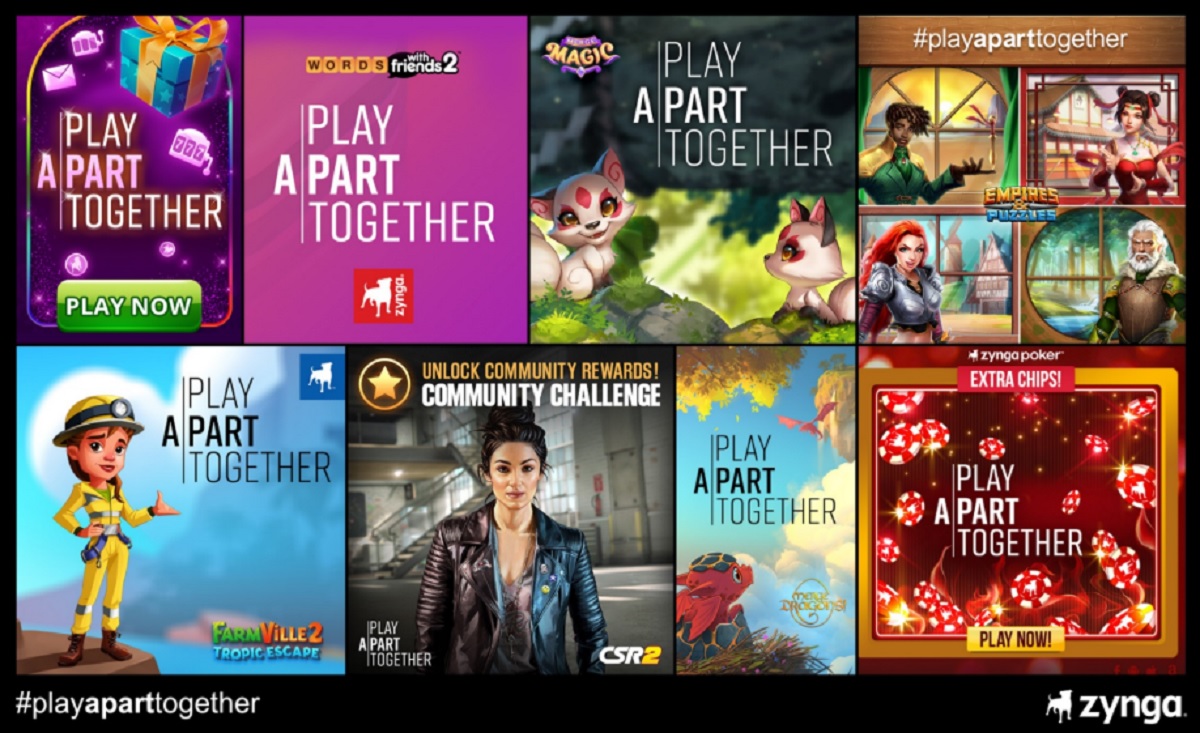Zynga reported revenue and bookings today that beat expectations for its second quarter ended June 30, as more people turned to social mobile games because of the pandemic.
The San Francisco-based social gaming company reported bookings of $518 million, up 38% from the same quarter a year ago, while revenues (which do not include deferred revenues where users spend the virtual currency they purchase until later) were $425 million, up 47%. The company grew because, like other game and media publishers that are putting the social back in our lives, people need to be entertained now.

Unlock premium content and VIP community perks with GB M A X!
Join now to enjoy our free and premium membership perks.
![]()

![]()